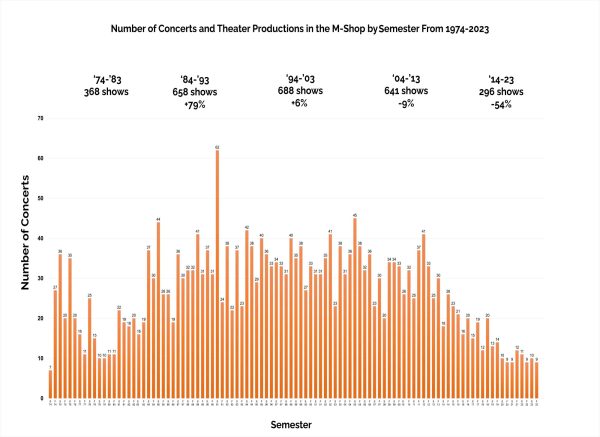The 2020 word of the year
Merriam-Webster chose “pandemic” as their 2020 word of the year but mentioned the words “defund,” “quarantine” and “icon” as being noteworthy.
December 6, 2020
At the end of each year, dictionaries choose a word they feel defines that year. For 2020, unsurprisingly, the words that have been chosen are related to COVID-19. Merriam-Webster chose “pandemic” as their word of the year, Collins English Dictionary chose “lockdown” and Dictionary.com chose “pandemic” as well. Oxford Languages has not yet decided their word, although they are holding a webinar at 9 a.m. Dec. 10 to discuss their options and give a behind-the-scenes look at their Word of the Year campaign.
Oxford Languages has many options for their word of the year. Words such as “lockdown” and “pandemic” have been brought up, but they have also proposed “remote working,” “mail-in,” “Black Lives Matter” and many more. They did a full report that can be downloaded through their website, which breaks down common themes of the year and words associated with those themes. The report also includes data showing which terms are most popular and even in which countries certain terms are most used.
Collins English Dictionary defines “lockdown” as “the containment measure implemented by governments around the world to mitigate the spread of COVID-19.”
Merriam-Webster defines “pandemic” as “an outbreak of a disease that occurs over a wide geographic area (such as multiple countries or continents) and typically affects a significant proportion of the population.”
Dictionary.com defines “pandemic” as “(of a disease) prevalent throughout an entire country, continent or the whole world; epidemic over a large area.”
“At Dictionary.com, the task of choosing a single word to sum up 2020 — a year roiled by a public health crisis, an economic downturn, racial injustice, climate disaster, political division and rampant disinformation — was a challenging and humbling one.”
According to Oxford Languages, the word of the year is chosen based on research done by Oxford Corpus and gathers around 150 million words from website publications each month. Social media suggestions are also taken into account.
In order to be the word of the year, the word does not need to be new (although sometimes it is) but needs to have been used prominently within the last year.
It’s safe to say the words selected for 2020 are relevant to the year. Before recently, the word “pandemic” was something you probably only heard mentioned in science classes or apocalypse TV shows. The use of these words in comparison to past years has increased dramatically, and we have become familiar with words we once probably didn’t know how to define.

















